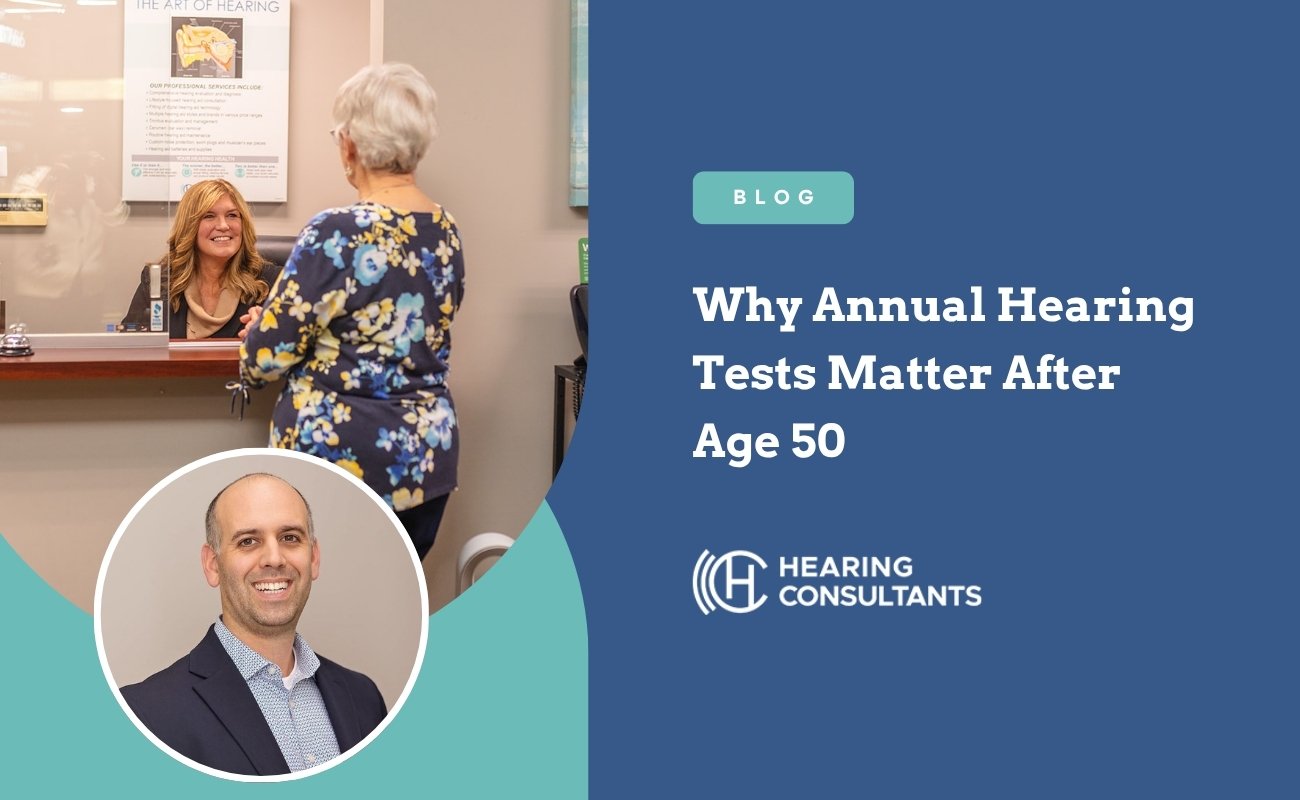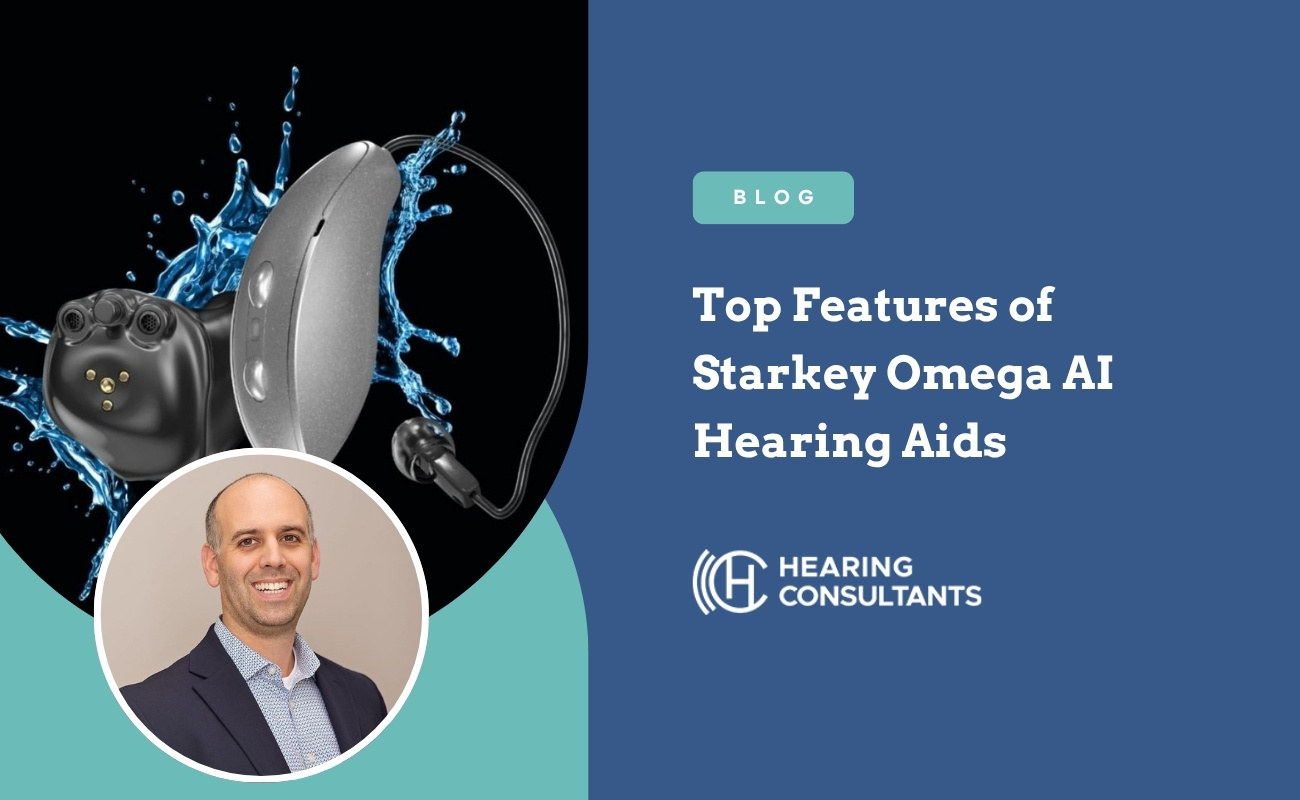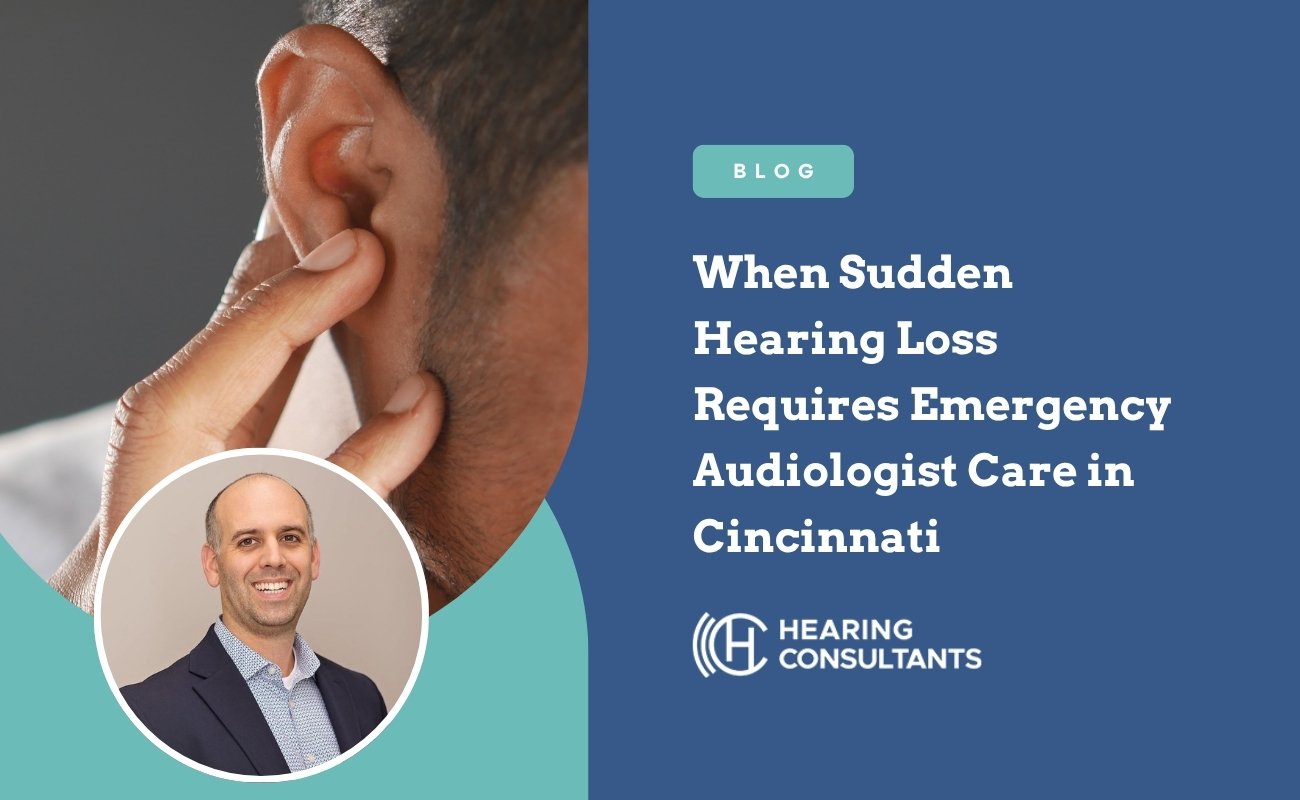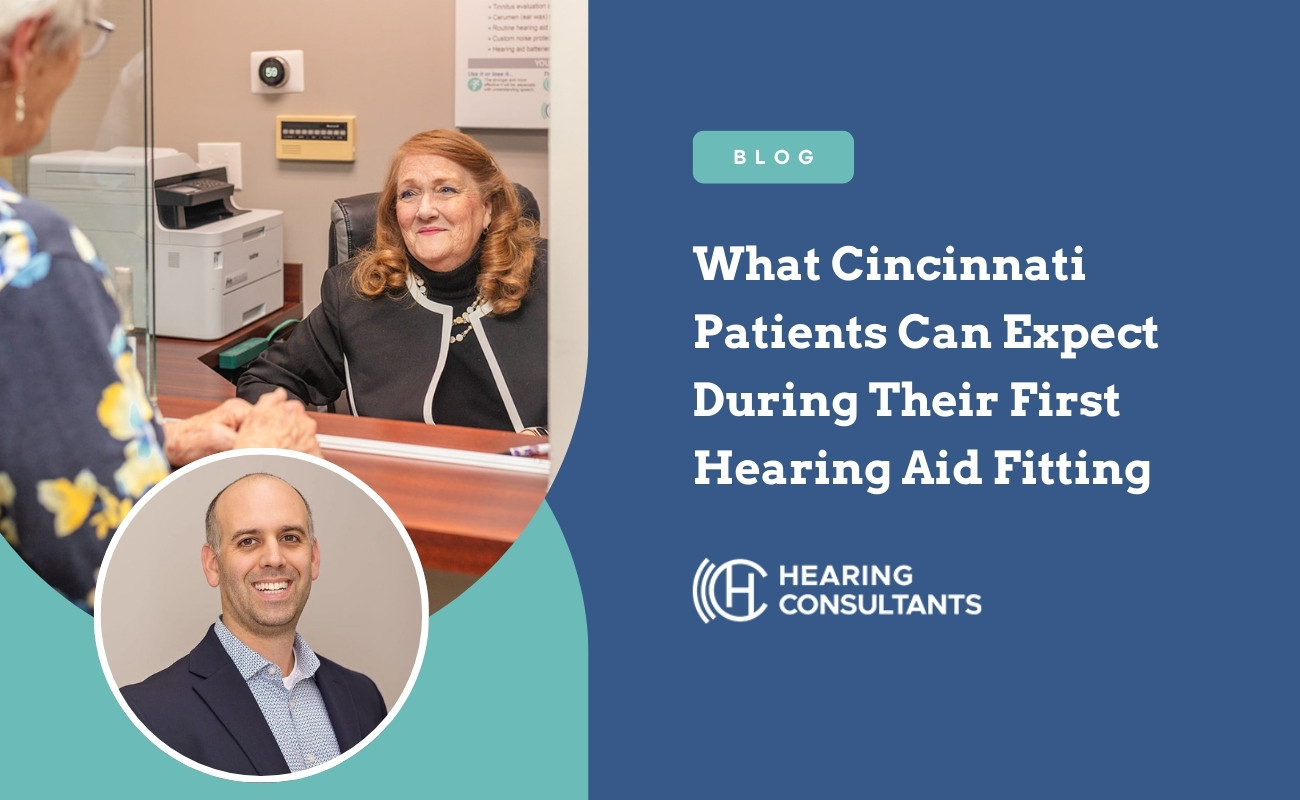Myths about Hearing Aids
Hearing loss is often referred to as an “invisible disability,” because it is not always obvious when people have hearing loss, and often it is not talked about. Studies show that only 1 in 5 people who would benefit from a hearing aid actually uses them, and on average, people with hearing loss wait almost 10 years before they do something about it. Using a hearing aid presents a number of advantages to a hearing-impaired person. First and foremost, you will hear a lot better. Hearing aids do not restore your hearing to normal, but they improve it significantly. Hearing aids usually improve the user's social, psychological and physical sense of well-being. Sometimes it’s related to cost, but other times it has to do with the stigma that hearing loss carries. People might associate hearing loss with becoming old or obsolete or don’t want to wear hearing aids because they find them aesthetically displeasing. There are a lot of misconceptions that people have about hearing loss that if dispelled could help allot of people seek the treatment that could benefit them greatly.
Myth: Only the Elderly are Affected
Truth: An estimated 48 million people live with hearing loss in the U.S., and about two-thirds are under 65 years old. A 2010 Journal of the American Medical Association study found that 1 in 5 children ages 12 to 19 showed some sign of hearing loss in one or both ears. The World Health Organization has warned that 1.1 billion teenagers and young adults are at risk of hearing loss “due to the unsafe use of personal audio devices, including smartphones, and exposure to damaging levels of sound at noisy entertainment venues such as nightclubs, bars, and sporting events.”
Myth: Your hearing loss was caused by clubs and concerts years ago.
Truth: While attending too many loud shows without the proper ear protection can be a major contributor to hearing loss, there are many other contributors, including the normal aging process, genetics, medications, smoking, a poor diet and diabetes. All of these destroy the hair cells in the inner ear — and it's the hair cells that send auditory signals to your brain. Once hair cells are damaged, they're damaged and they will not grow back. It's important to understand the contributors to hearing damage so you can take the appropriate steps to protect your hearing.
Myth: If other people would just talk louder, you would hear just fine.
Truth: Hearing is the body's biological microphone. If you've ever heard anyone speak into a microphone that's damaged, it might be loud, but there's a distortion that makes sounds hard to comprehend. The goal of today's digital hearing aids is both to make sounds louder, clearer, reduce background noise and extract the most important aspects of sound to clarify speech.
Myth: Hearing loss does not affect the other aspects of my health.
Truth: An untreated hearing loss increases one's risk of experiencing cognitive decline, falls, social isolation, and depression. There is even a link between untreated hearing loss and dementia. It’s theorized that the “cognitive load” on the brain may take away resources the brain uses for other function, such as short-term memory. Researchers have observed that treating the hearing loss, such as with hearing aids, can reverse or even prevent some of these conditions. New research from Johns Hopkins University shows that hearing loss may increase your risk of developing dementia. The upside is that research also shows you can improve memory and mood by correcting the hearing loss.
Myth: As long as you can hear some sound, it's OK to wait to get hearing aids.
Truth: The longer you wait, the worse your hearing will become, making it harder to treat than ever. When the auditory system in your brain isn't stimulated, the brain stops recognizing sound. If people wait too long to start using hearing aids, they can find that they don't help as much as they hoped. Fortunately, our brains can "relearn" to hear, thanks to neuroplasticity — the fairly recent finding that the brain can reprogram itself into very old age with the proper stimulation. Practically speaking, that means you have to teach your brain to hear again, by wearing the hearing aids regularly.
Live Your Truth
All the research points to treating your hearing as soon as possible. If you have suspected that you've had a hearing loss for a while, don't delay any longer. Contact us at Hearing Consultants to schedule a hearing test and join those hearing and living life again!
Get in touch with
Hearing Consultants
Contact our clinic to schedule an appointment today!







